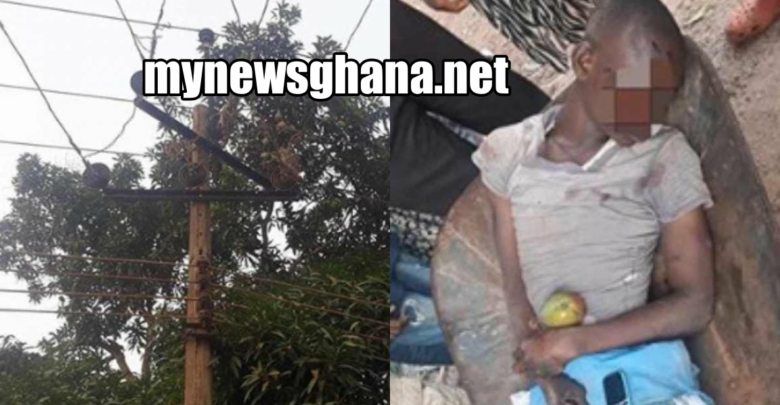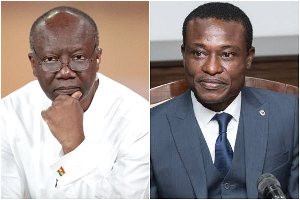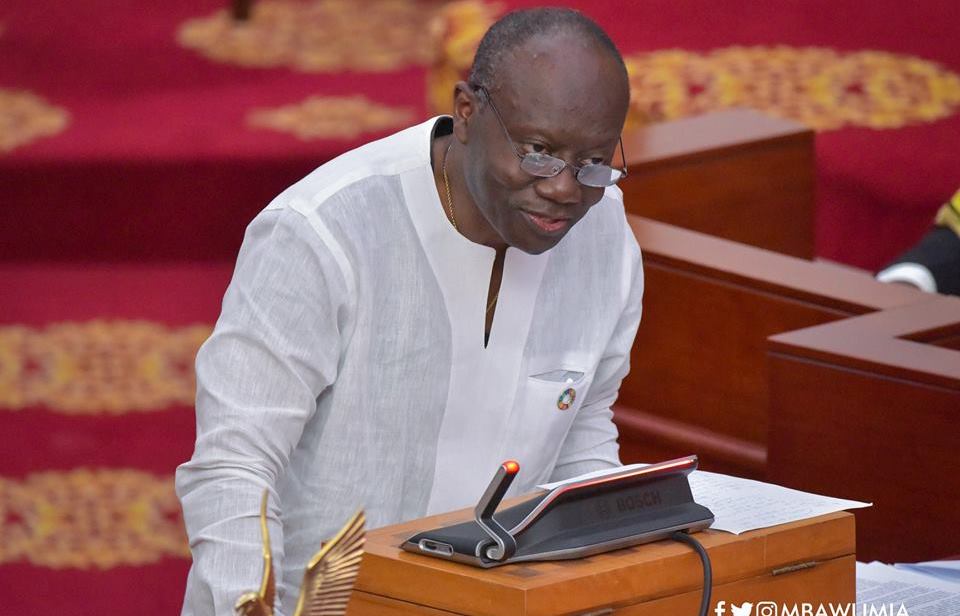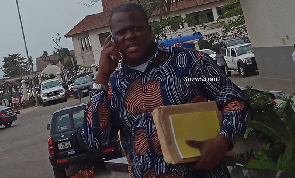GENERAL NEWS
Wheelbarrow pusher electrocuted while plucking mango

A teenage wheelbarrow pusher has died after he was electrocuted while plucking mango on a tree in Enugu state, Nigeria.
According to reports, the guy who was a wheelbarrow pusher tried plucking the mango on the tree with an iron rod when the rod made contact with a high tension’s wire he was electrocuted.
He fell and died instantly. This incident happened along Enugu Road, Nsukka, Enugu State in Nigeria.
Got a news item to share with us or an enquiry/complaint to make? Send an email to thepressradio@gmail.com





